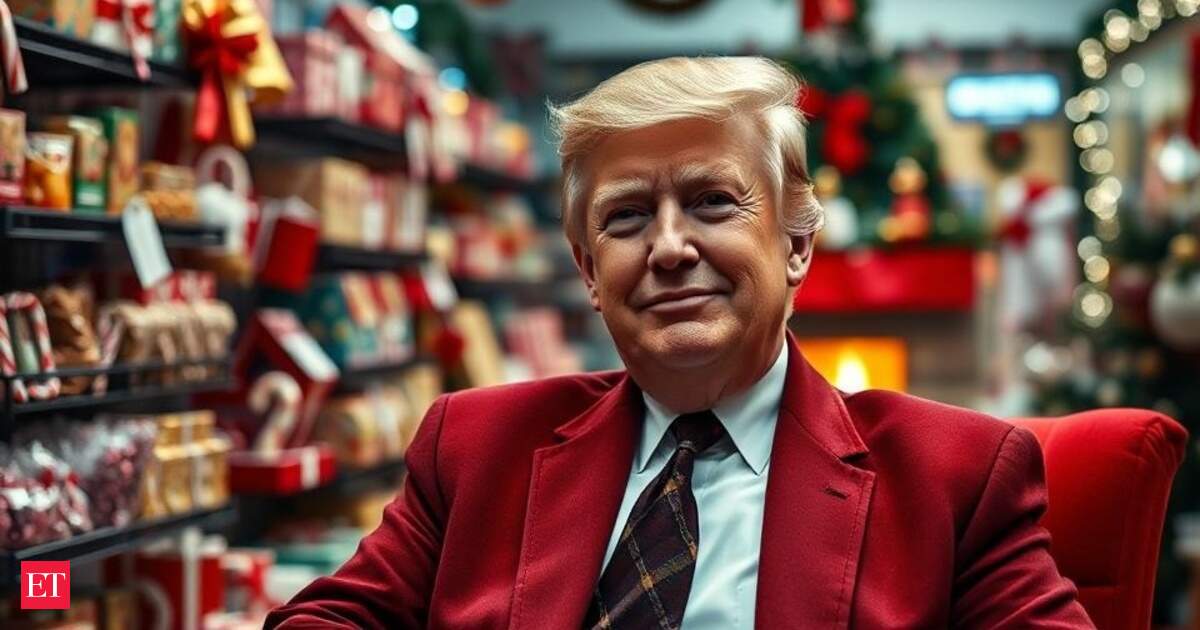Speaking on Tuesday, Donovan said the 10% tariff on all trade would raise inflation in July and August, but the additional duties targeting specific countries might not affect retail prices during the peak holiday shopping season due to the lag in global supply chains.
“By the time you’ve got the goods shipped to the United States, you’ve got through the supply chain, given that a lot of retailers obviously order early for Christmas,” Donovan said. “That’s obviously something that will lessen some of the damage to US consumers in the second half.”
The US President’s announcement on Monday marked a new phase in the trade war he initiated earlier this year. Trump began notifying countries — ranging from major suppliers like Japan and South Korea to smaller exporters such as Serbia, Thailand and Tunisia — that sharply higher US tariffs would begin on 1 August.
The letters hinted at the possibility of further negotiations but also carried a warning: any retaliatory measures by the affected countries would be matched with a like-for-like response.
Trump also signed an executive order on Monday extending the original deadline for trade talks, which had been set for Wednesday, to 1 August, effectively granting trading partners more time to reach deals with the US.The delay could help the White House avoid damaging headlines ahead of the holiday season, a risk analysts had been warning about since May, when they evaluated the potential fallout from Trump’s first wave of tariffs. However, Donovan cautioned that the full impact of the new levies would still hit American households eventually.“This is a big tax burden being placed on the US consumer,” Donovan said. “By the end of this year, real inflation-adjusted wages are going to be going down, not up, and that’s when we’re going to start to see some of the problems really kicking in.”
He described a scenario in which consumers might initially rely on credit cards and savings to maintain spending, before eventually being forced to cut back. How fast and how hard inflation hits could depend on whether retailers decide to absorb some of the added costs or pass them directly to customers, possibly with added margins.
Donovan also raised doubts about whether the White House would stick to its current path. “We have to assume that Trump will retreat, because that’s his modus operandi,” he said. “I think that as you start to hear cries of anguish from US corporates and consumers, you’ll start to see retreats on some of these issues.”
The clock continues to tick for countries to finalise trade agreements with the US. Trump’s global tariff push, which began in April, has shaken financial markets and left policymakers worldwide scrambling to protect their domestic economies.




